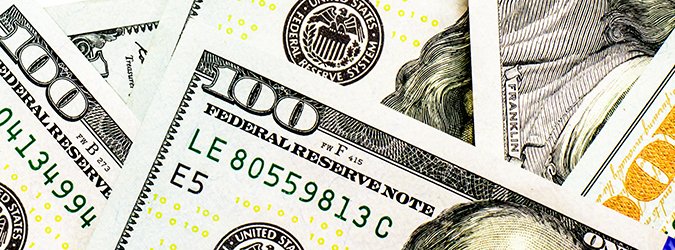Ethics Opinion 1258: Credit Card Fees as an ‘Expense’
6.7.2023

Topic: Credit card fees as an “expense”
Digest: A lawyer may pass on a merchant processing fee to clients who pay for legal services by credit card provided that both the amount of the legal fee and the amount of the processing fee are reasonable, and provided that the lawyer has explained to the client and obtained client consent to the additional charge in advance.
Rules: 1.5(a)-(b)
FACTS:
- The inquirer accepts credit card payments for payment of legal services. Credit card companies charge the inquirer between 3.5% and 3.75% of the invoiced amount as a merchant processing fee.
QUESTIONS:
- May a lawyer pass on the merchant processing fee to the client as an expense?
OPINION:
- New York lawyers may allow their clients to pay for legal services by credit card provided: “(i) the amount of the legal fee is reasonable; (ii) the lawyer complies with the duty to protect the confidentiality of client information; (iii) the lawyer does not allow the credit card company to compromise the lawyer’s independent professional judgment on behalf of the client; (iv) the lawyer notifies the client before the charges are billed to the credit card and offers the client the opportunity to question any billing errors; and (v) in the event of any dispute regarding the lawyer’s fee, the lawyer attempts to resolve all disputes amicably and promptly and, if applicable, complies with the fee dispute resolution program set forth in 22 N.Y.C.R.R. Part 137.” N.Y. State 1050 ¶5 (2015).
- Rule 1.5(a) of the New York Rules of Professional Conduct (“Rules”) prohibits charging a client “an excessive fee or expense” (emphasis added) and sets forth a non-exclusive list of factors to consider in determining whether a fee is excessive. A merchant processing fees that a lawyer wishes to charge back to a client who pays for legal services by credit card is an “expense” within the meaning of Rule 1.5(a). Rule 1.5(b) requires a lawyer to advise the client in writing “fee and expenses for which the client will be responsible.”
- Provided the attorney complies with Rule 1.5, nothing prohibits a lawyer from increasing the invoiced amount for legal services by an amount equal to the merchant processing fee incurred when accepting credit card payments. Thus, in N.Y. State 1050 (2015), in addition to allowing the inquiring lawyer to pass on to a client the credit card company’s processing fee for payment of the firm’s advance payment retainer by credit card, we allowed the lawyer to charge an additional nominal amount to compensate for the additional merchant processing fee incurred on that processing fee up-charge. We stated:
A lawyer may, as an administrative convenience, charge a client a nominal amount over the actual processing fees imposed on the lawyer by a credit card company in connection with the client’s payment by credit card of the lawyer’s advance payment retainer, as long as (i) the client receives disclosure of the up-charge and consents to it before the lawyer imposes it, (ii) the amount of the up-charge is nominal, and (iii) the total amount of the advance payment retainer and the processing fees charged (including the up-charge) are reasonable under the circumstances.
N.Y. State 1050, ¶18. The same principles apply here with respect to merchant processing fees assessed on legal fees that a client pays by credit card after the advance retainer.
- Ethics opinions issued by bar associations in other states have reached similar conclusions on this issue. See, e.g., Illinois Op. 14-01 (2014); D.C. Op. 348 (2009).
CONCLUSION
- A lawyer may pass on a merchant processing fee to clients who pay for legal services by credit card provided that both the amount of the legal fee and the amount of the processing fee are reasonable, and provided that the lawyer has explained to the client and obtained client consent to the additional charge in advance.
(09-23)





